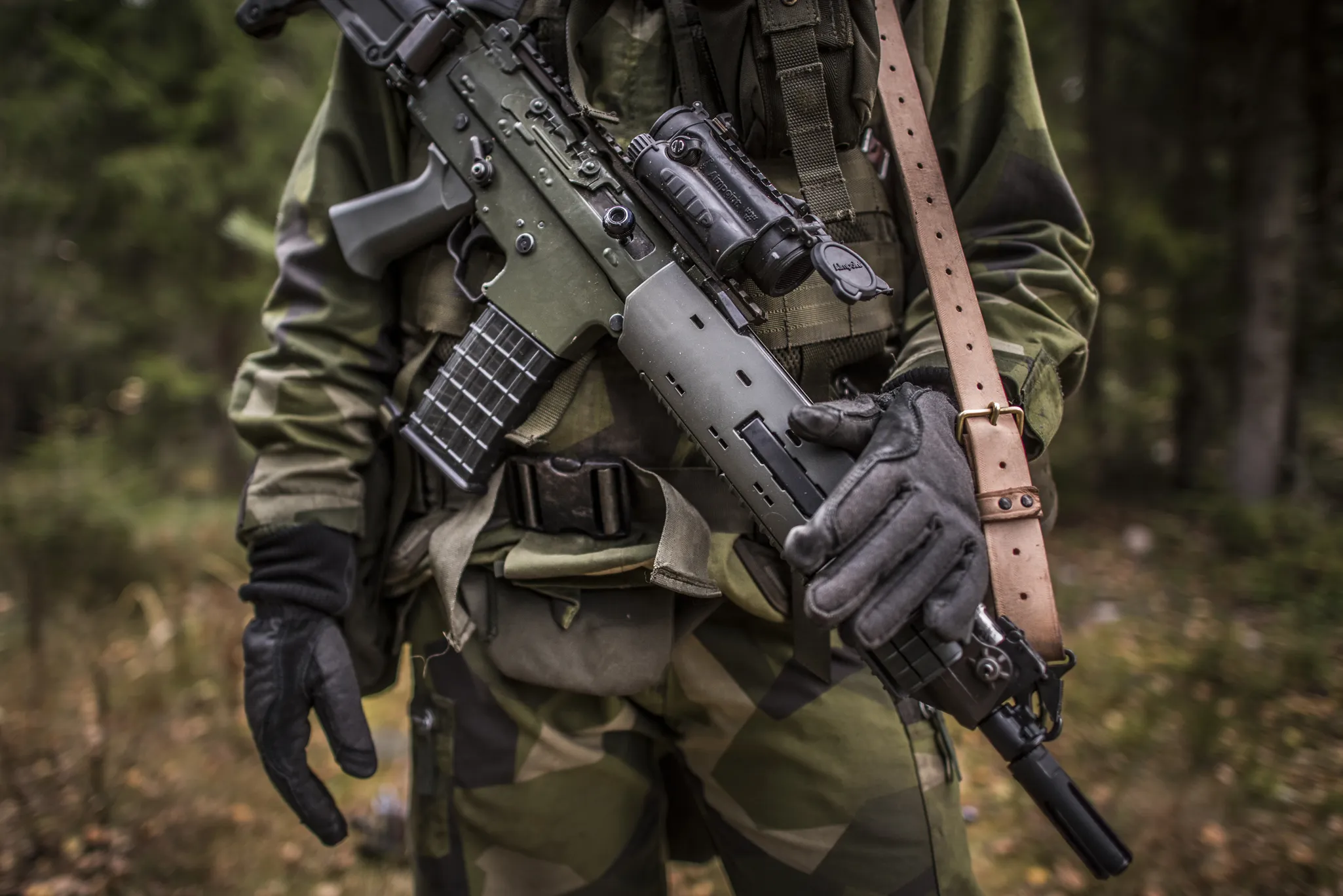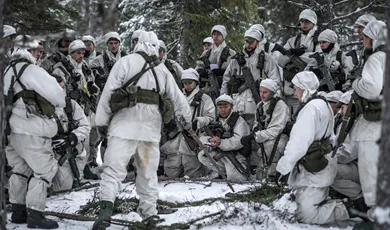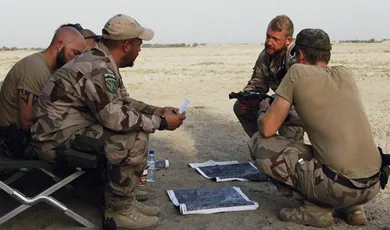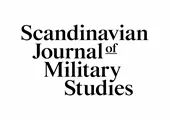Eyal Ben-Ari anlägger i artikeln ett ledarskapsperspektiv i sin reflektion över vad som krävs av den militära chef som ställs inför situationer likt dem som beskrivs i Uppdrag-böckerna. Vad händer med det militära ledarskapet när principerna för ledarskap och organisering inte längre är fasta och förutsägbara, när gruppens förmåga att snabbt kunna koppla ihop sig med andra i tillfälligt sammansatta enheter inte längre är undantag utan regel?
From the article:
"Conclusion
In this chapter I have suggested that a fruitful way for understanding cur-rent-day military leadership is to shift focus away from combat units to what I have called combat formations: those loosely-structured, provisional and modular organizational forms through which most missions are now carried out. As explained, the problem in such formations is that leaders face the challenge of effecting collective and coordinated social action among varied constituent elements each with its own goals, interests and modes of action. However, I also emphasized that this shift does not consist of a dismissal of the older forms of military leadership. The model of change in the armed for-ces of the industrial democracies – and the Swedish military among them – that is suggested from the material is not a simple linear development but rather a cumulative one in which new missions, roles and environments are combined with prior ones. This model includes the simultaneous existence of older, more conventional roles and behaviors together with (and not neces-sarily being replaced by) newer functions and practices. Along these lines, the classic textbook units (platoons, companies or battalions), continue to be significant but also form tools or kernels for effecting, influencing the larger combat formations. To end, I add a word of caution. While some of the skills required of military commanders are similar to those of managers of multi-national corporations – negotiation, liaison, persuasion and teamwork – the very fact that the armed forces specialize in state sanctioned use of organized violence implies that the classic traits of leading in dangerous situations continue to be of utmost importance."
Download the article here. Published in the book Uppdrag Militär (2018, CSMS)
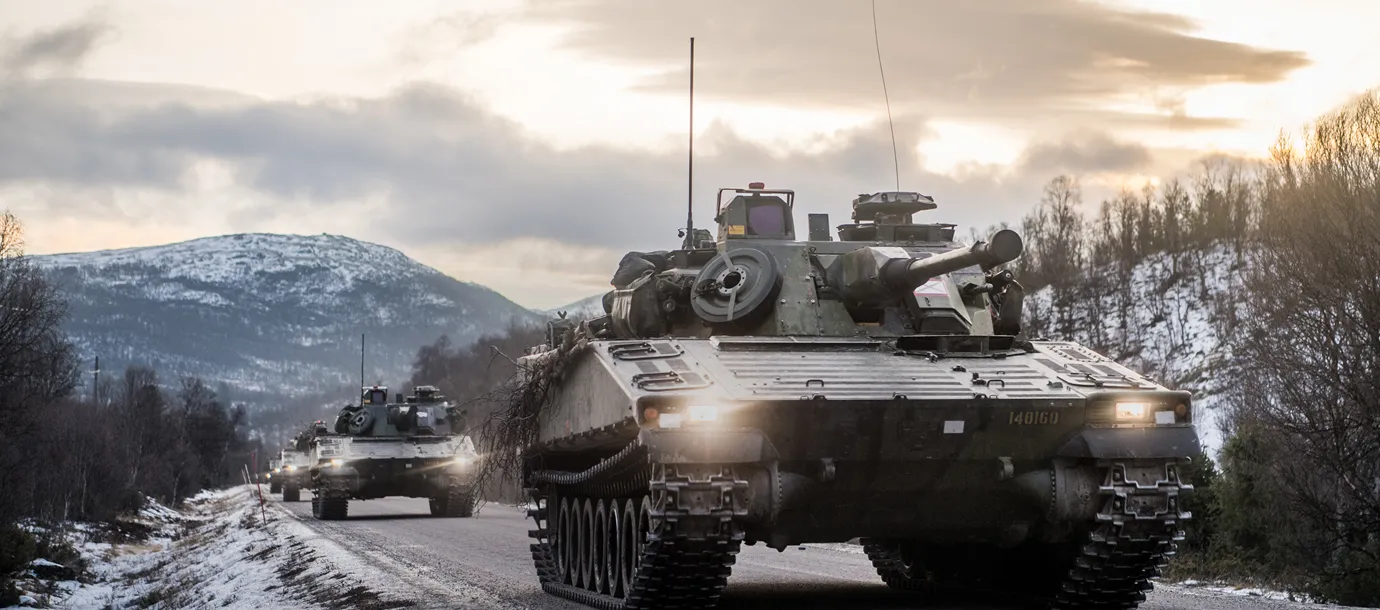 Bezav Mahmod (Försvarsmakten)
Bezav Mahmod (Försvarsmakten)
Ben-Ari was professor of Social Anthropology at the Hebrew University and is now Director of the Kinneret Institute for Society, Security and Peace in Kinneret Academic College Galilee. He has carried out research in Japan, Israel, Singapore and Hong Kong on white collar communities, early child-hood, business expatriates, and the militaries of the industrial democracies. Among his authored books are Mastering Soldiers (1998), (with Zev Lehrer, Uzi Ben-Shalom and Ariel Vainer) Rethinking the Sociology of Combat (2008) and (2018) Japanese Encounters: The Structure and Dynamics of Cultural Frames. Among his edited books are (with Kobi Michael and David Kellen) The Transformation of the World of Warfare and Peace Support Operations (2009), (with Erella Grassiani) State/Violence (2011) and (with Jessica Glicken Turnley and Kobi Michael) (2017) Social Science and Special Operations Forces.



